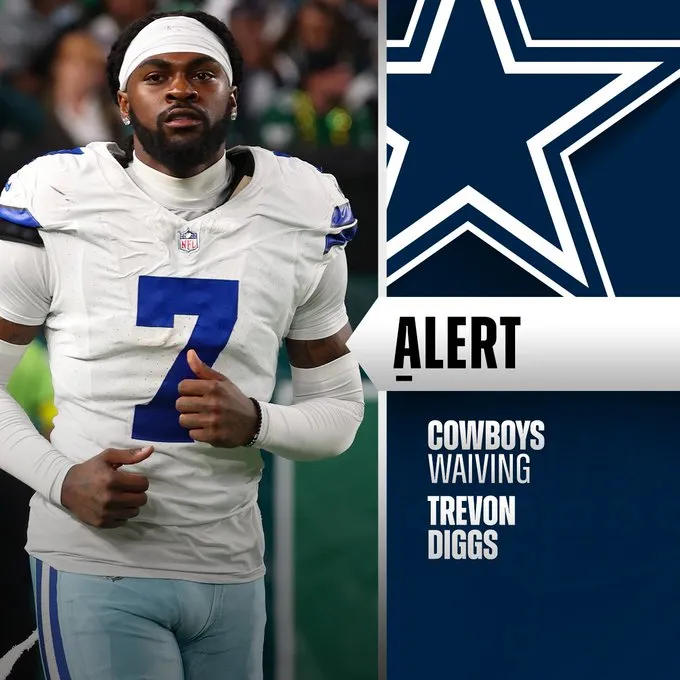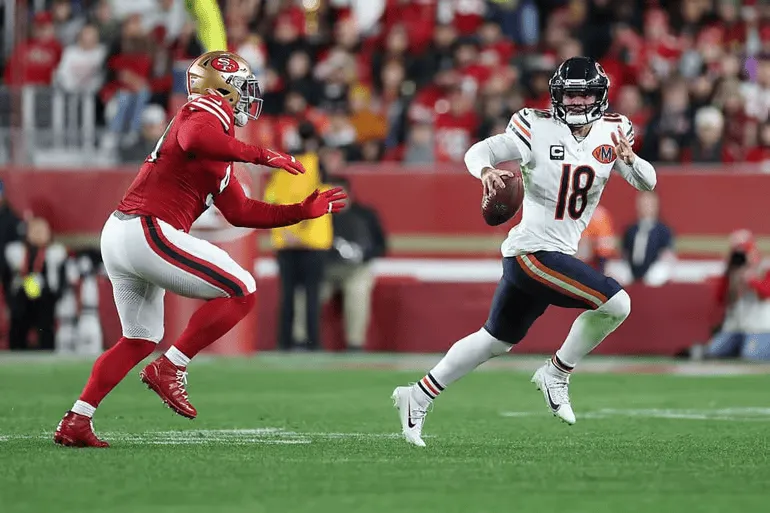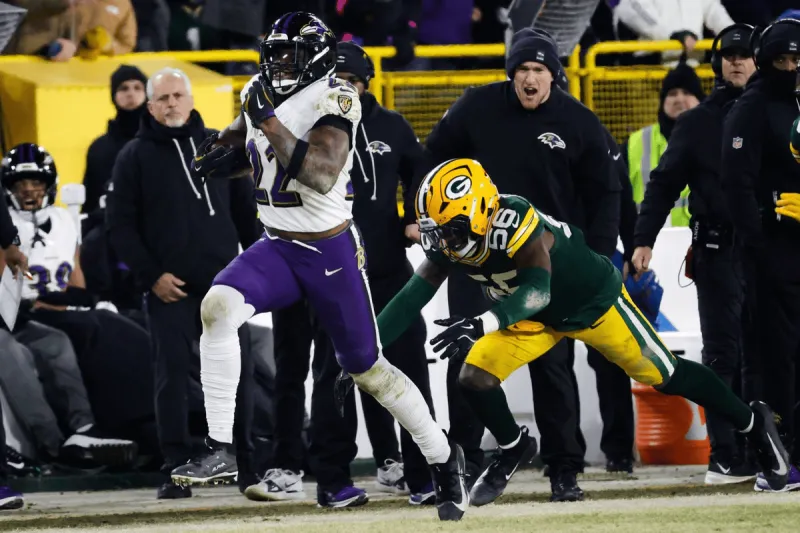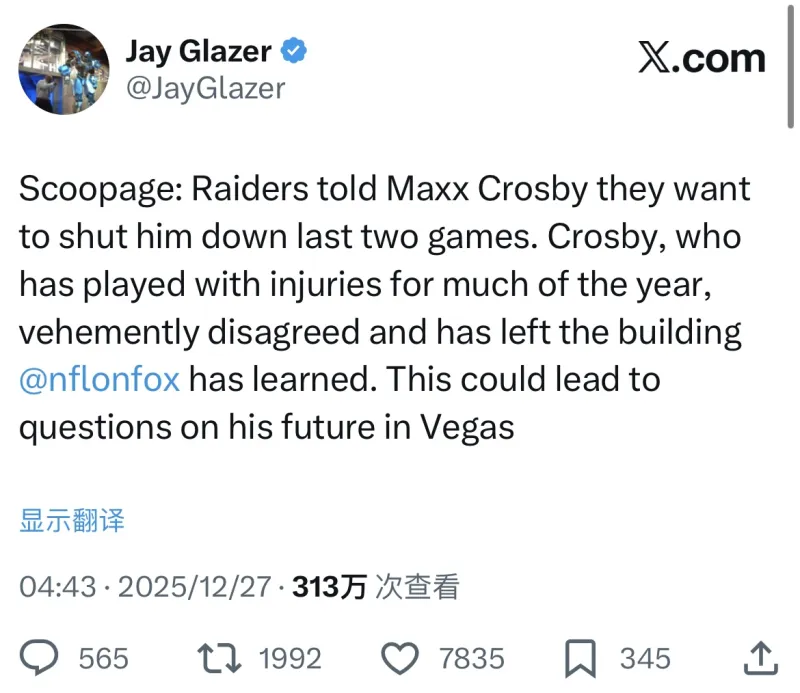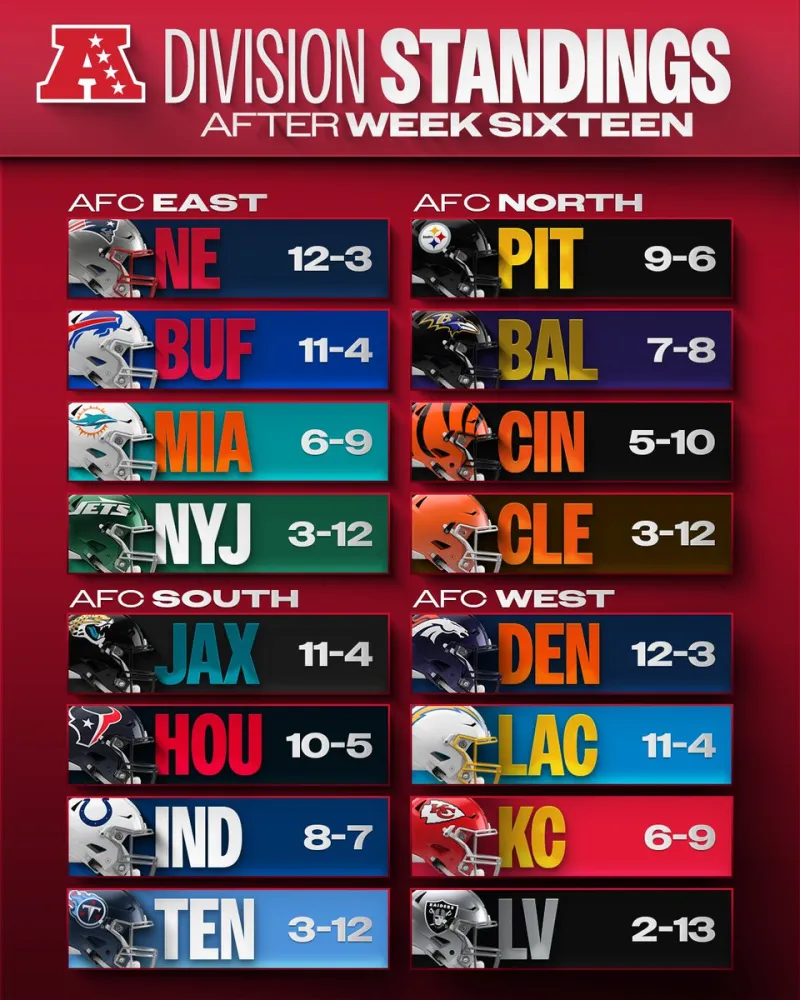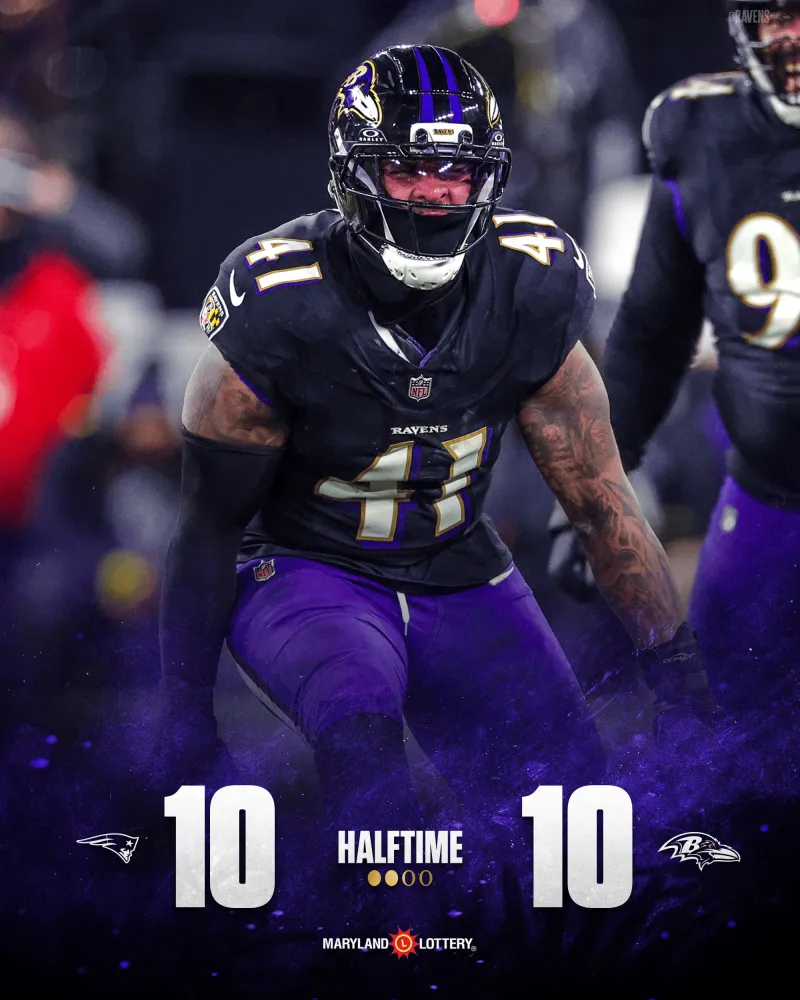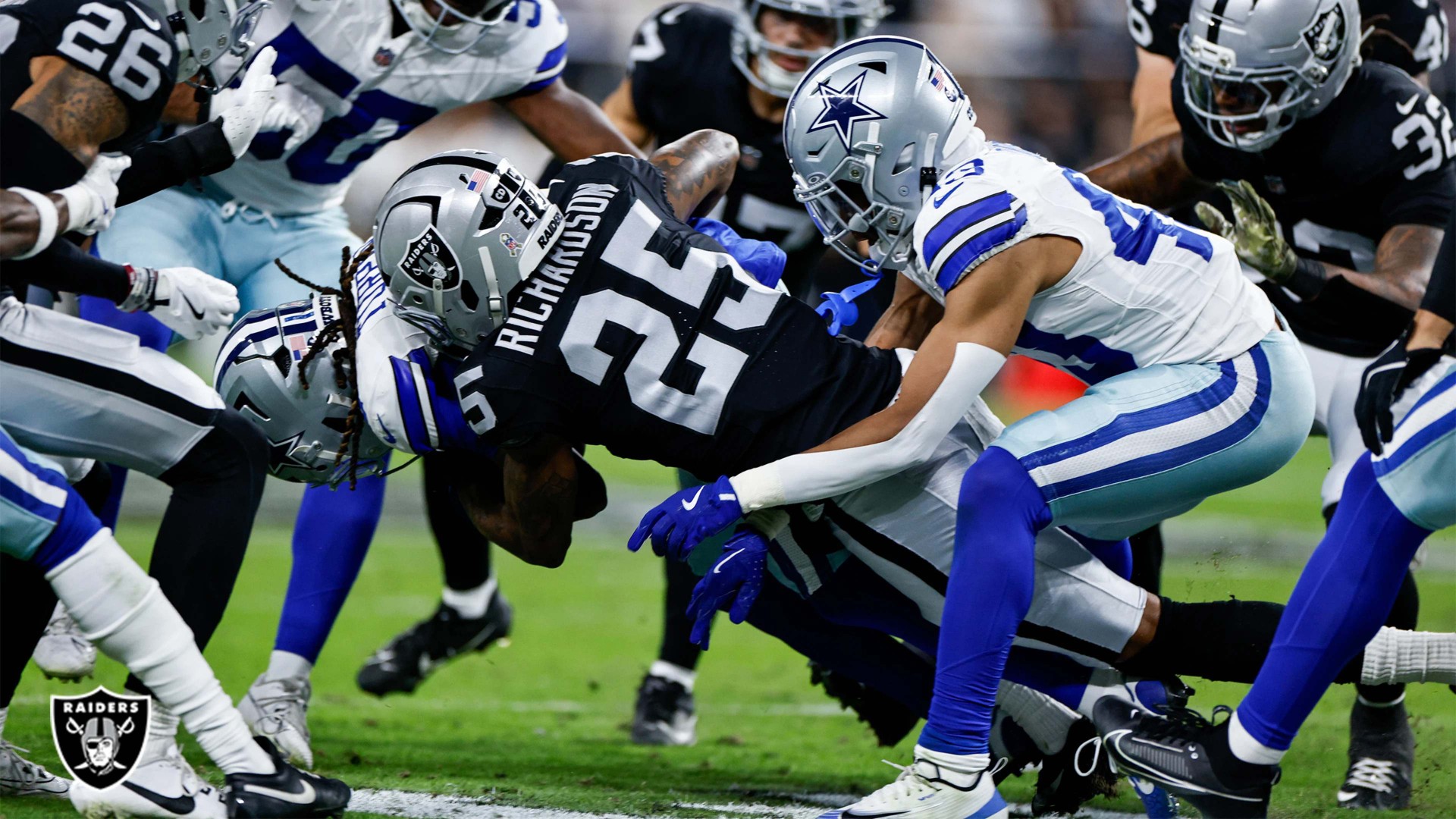I don't actually question Darnold's physical attributes; I don't doubt his height, strength, or accuracy in reading long passes.
As a 49ers fan, my first impression of Darnold was during the 49ers' game against the Vikings in the 2024 season. At 3 AM, I saw Darnold make a long pass to JJ, who then sprinted for 99 yards for a touchdown. I was so angry my heart skipped a beat.
But his mentality is definitely problematic, and now the whole league sees it:
Darnold's four interceptions put the Seahawks in a desperate situation, but they almost won. Here are my five takeaways:
Takeaway 1: Darnold has a fear factor in his DNA, unless he can prove otherwise.
Darnold was sacked nine times in last season's playoffs against the Rams. Of course, it wasn't entirely his fault, but it further reinforced the doubts about his big-game performance. This week, Darnold wasn't sacked, but this was only the third time in his career he had a game with 0 touchdowns and 4 interceptions—a statistic unmatched since the beginning of this century (56 times in the entire league).
“Sam will have this problem his whole life,” a veteran coach said. “He’ll play brilliantly, but he’ll always make these kinds of mistakes. The problem is, when you’re on a playoff team, everyone’s afraid of this happening.”
Another coach reviewed Darnold’s interception highlights from this season and found that the quarterback either held the ball for too long or acted heroically under pressure.
“The first interception this week,” the coach said, “He thought he was Aaron Rodgers, ready to lean back and shoot, then flicked his wrist. Luckily, he made a tackle at the last moment to avoid a direct touchdown.”
The second interception: “He tried to speed up the pass, but it was too short. He still had the ball in his hand; you have to throw it.”
The third interception: “He was nervously fiddling with the ball. He was staring at the target, and the safety pounced.” (Commentator Greg Olsen, a retired tight end, suggested that Darnold might have thought his target, tight end Elijah Arroyo, would be veering further inside.)
The fourth interception: “Completely panicked. There was no reason to pass that ball. A high-difficulty pass like Roger Stöbach jumping for Gordon Richards.”
As another coach put it: “I don’t think anyone teaches players that kind of jump pass anymore.”
The opponents were clearly aware of Darnold’s tendency.
“The defensive pressure trapped him; he wanted to pass the ball, but he was hesitant,” said Rams safety Cam Ginchins, who intercepted the first and third plays. “He didn’t want to be sacked. He just wanted to throw the ball away, so I knew there was an opportunity.”
Darnor has to break this mindset himself, or he’ll carry it forever.
Perhaps I’m being pessimistic, but this kind of psychological barrier is hard to overcome. A counter-example is an American shooter who reached the finals three times in the Olympics, winning gold each time with a perfect shot on the last target, but each time missing the target and scoring only one point.
But this kind of problem can be overcome, if you want to. For example, in the Super Bowl, with the final drive and down by 3 points with 10 seconds left, a 99-yard pass to JJ can break that mental block, and his future will be bright.
But the problem is that these opportunities are rare, and can he seize them?


